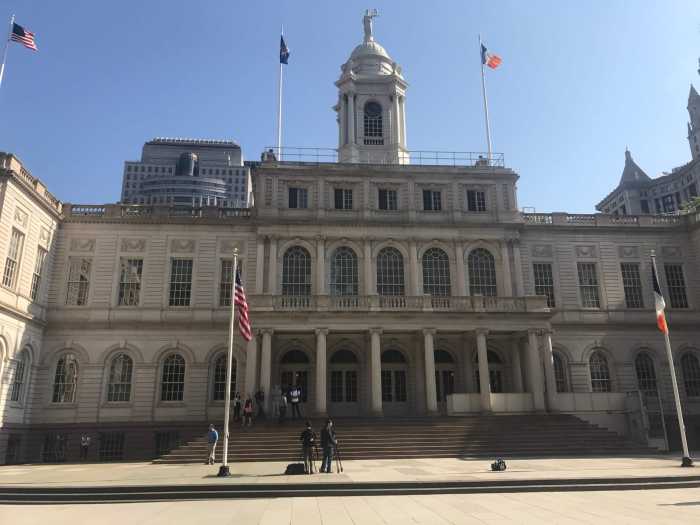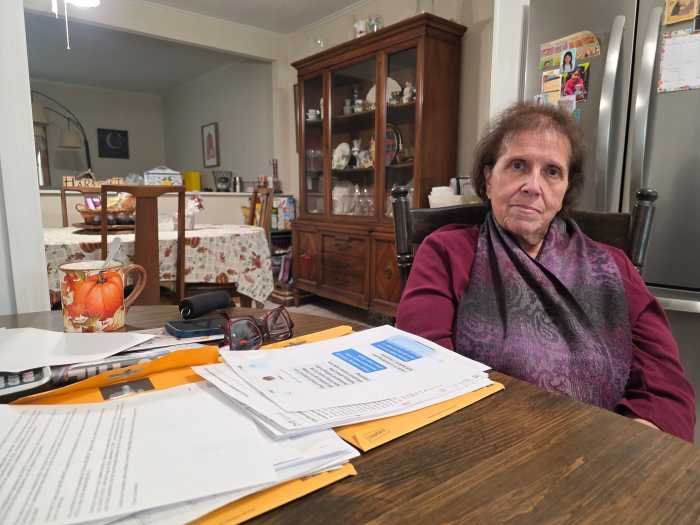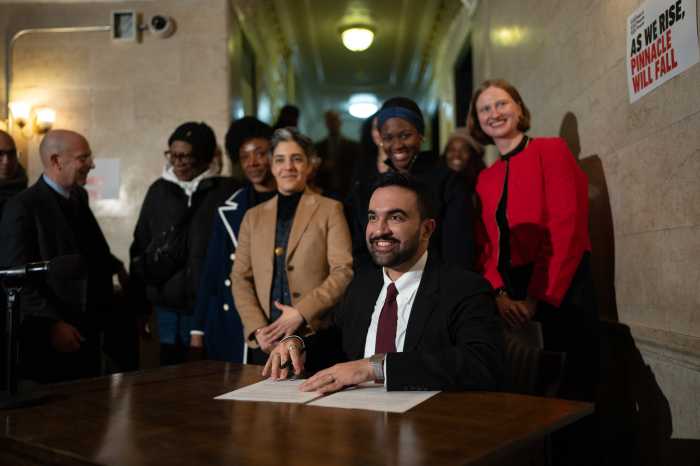Gay immigrant, facing forced return to his own country, prevails in federal appeals court
BY ARTHUR S. LEONARD
The U.S. Court of Appeals in San Francisco ruled on October 4 that Christopher Kiankok Yeoh, a gay man from Singapore, is entitled to a new trial before an Immigration Judge on his asylum petition to determine whether he has a reasonable fear of persecution if he were forced to return home. The ruling was the latest of several in which federal appeals courts found that Immigration Judges and the Board of Immigration Appeals (BIA)—which are part of the Department of Homeland Security—have overlooked or ignored evidence of anti-gay policies and practices abroad.
Under federal and international asylum laws, people with a reasonable fear of persecution because they belong to a particular social group may seek political asylum in another country. Under U.S. law, such a person has the burden of showing that a return to their homeland would subject them to persecution.
During the Clinton administration, Attorney General Janet Reno established a formal immigration precedent that gay people constitute an eligible social group for asylum purposes. Petitioners continued to bear the burden of proof, however.
Yeoh was denied asylum by an Immigration Judge and the BIA, and also lost in his bid for a “withholding of removal,” an anti-deportation provision of immigration law, and for protection under the United Nations Convention Against Torture. According to the opinion from a panel that included 9th Circuit Judges Michael D. Hawkins and Marsha S. Berzon and Arizona District Judge Roslyn O. Silver, there was no dispute that Yeoh had demonstrated past persecution, as found by the Immigration Judge. The only point of dispute was whether he had established fear of future persecution should he return to Singapore.
The Immigration Judge concluded, correctly according to the court, that there is “no evidence that the government of Singapore is actively seeking out and prosecuting homosexual relationships or individuals engaging in those relationships,” and there is “no evidence at all presented that the government of Singapore is prosecuting homosexuals for private acts.”
Apparently, however, the Immigration Judge did not consider other evidence Yeoh presented showing unequal or selective enforcement and punishment of gays in Singapore. The court pointed to documents suggesting that gay men are “singled out” under laws that could also apply to heterosexual conduct, to the penal code’s criminalization of “the abetting of certain male-to-male sexual activity,” to the routine practice of plainclothes police officers posing as decoys to arrest gay men who approach them, and to criminal sentencing rules that allow for penalties against gay men “disproportionate” to their crimes.
None of these factors was mentioned in the Immigration Judge’s ruling.
“We cannot confidently determine that the IJ fulfilled his duty to consider all the evidence of record,” the appellate panel wrote, sending the case back to the Immigration Judge “to consider all record evidence” and to rule “in light of the full record.”
Recent press reports have confirmed that the number of Immigration Judges is totally inadequate to give full attention to every case, and that the Bush administration has so reduced the number of judges on the Board of Immigration Appeals that it has become virtually a rubber stamp for Immigration Judge decisions. The increasing rate of reversals by the federal appeals courts brings these deficiencies home with striking force.
gaycitynews.com


































